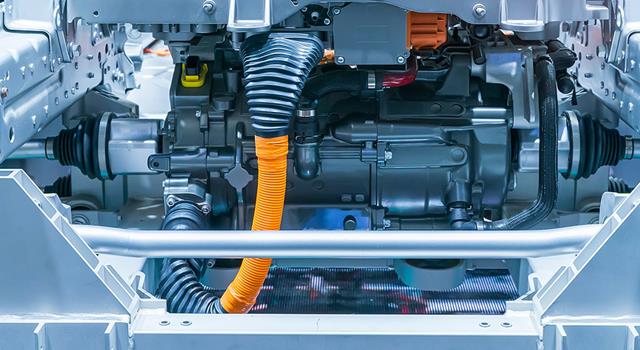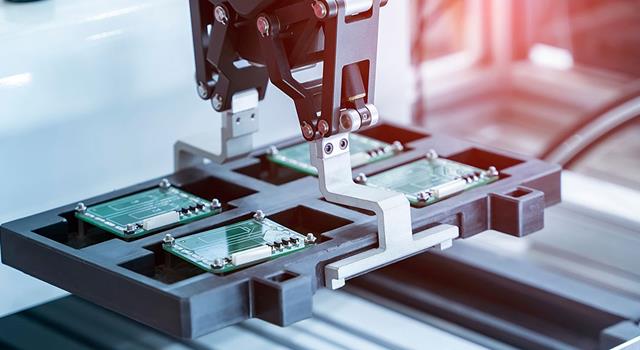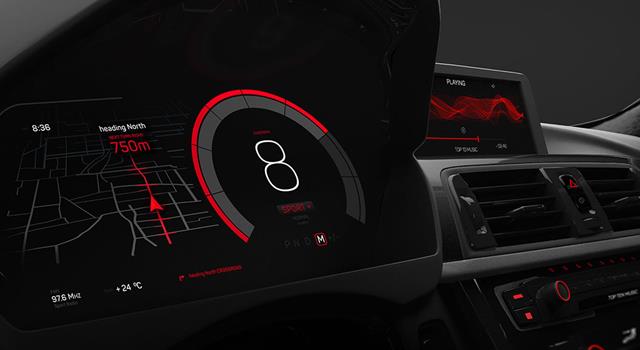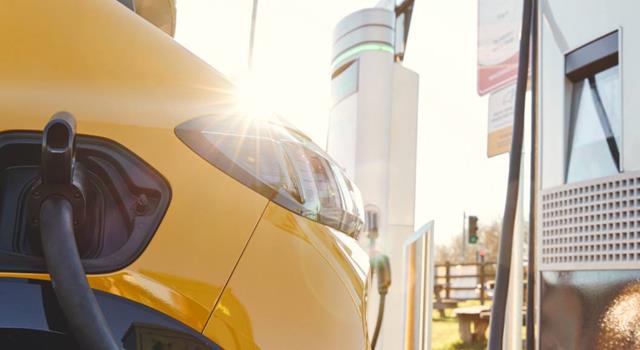The advent of Electric Vehicles (EVs) marks a significant stride towards eco-friendly transportation, with an ever-growing number of people making the switch from traditional gasoline engines. Their appeal primarily lies in their lower emissions, reduced fuel dependency, and the promise of a greener future.
One of the critical aspects that ensure the efficient operation of EVs is accurate speed sensing. This element is crucial for various functions, including motor control, safety systems, and overall vehicle performance.
At the heart of this accuracy lies the Hall Effect Speed Sensor, a small yet impactful component that plays a vital role in the smooth operation of EVs.
Understanding Hall Effect Speed Sensors
The Hall Effect principle is based on the behavior of current in a magnetic field. When a current-carrying conductor is placed within a magnetic field, a voltage is generated perpendicular to both the current and the magnetic field, which can be measured and is known as the Hall voltage.
Hall Effect Speed Sensors are devices that utilize this principle to ascertain the speed of a rotating object, typically the motor's rotor in EVs. These sensors are adept at providing real-time speed data, which is integral for several vehicle operations.
When compared to other speed sensing technologies such as optical or magnetic sensors, Hall Effect Sensors offer superior accuracy, reliability, and durability, making them a preferred choice for EVs.
Applications of Hall Effect Speed Sensors in EVs
- Speed and Position Sensing
Accurate speed control and regulation are paramount in EVs to ensure optimal performance and efficiency. Hall Effect Speed Sensors provide precise speed readings that are crucial for maintaining desired speed levels.
Additionally, they are instrumental in monitoring the position of rotating parts, which is essential for various system controls and diagnostic functions.
- Motor Control and Efficiency
Enhanced motor control is another benefit of Hall Effect Speed Sensors, leading to better efficiency and performance. By providing real-time speed data, these sensors enable the motor control system to adjust the motor's operation, reducing energy consumption.
This, in turn, contributes to lower energy consumption, which is vital for extending the range and efficiency of EVs.
- Safety and Diagnostic Systems
Safety features like Anti-lock Braking Systems (ABS) and traction control greatly rely on accurate speed sensing. Hall Effect Speed Sensors play a critical role in enabling these advanced safety systems.
Furthermore, these sensors assist in diagnostics and maintenance by providing essential data that can be analyzed to detect and rectify issues promptly.
Benefits of Using Hall Effect Speed Sensors in EVs
The high accuracy and reliability of Hall Effect Speed Sensors ensure that the vehicle operates efficiently and safely under various conditions.
Their robustness in harsh environments, long-term stability, and low maintenance requirements make them an ideal choice for the demanding operational conditions of EVs.
Moreover, their compact and lightweight design is a bonus, adding negligible weight to the vehicle while delivering significant operational benefits.
Future Trends
As the field of EVs continues to evolve, the development of more advanced Hall Effect Speed Sensors is anticipated. These advancements will likely offer even higher accuracy and reliability, further enhancing the EV driving experience.
The integration of Hall Effect Speed Sensors with other sensing technologies is a promising trend that could lead to more sophisticated control systems and even autonomous driving capabilities.
The anticipated advancements in EV technology driven by improved sensing capabilities underline the importance of continuous research and development in this realm.
Similar Posts
















